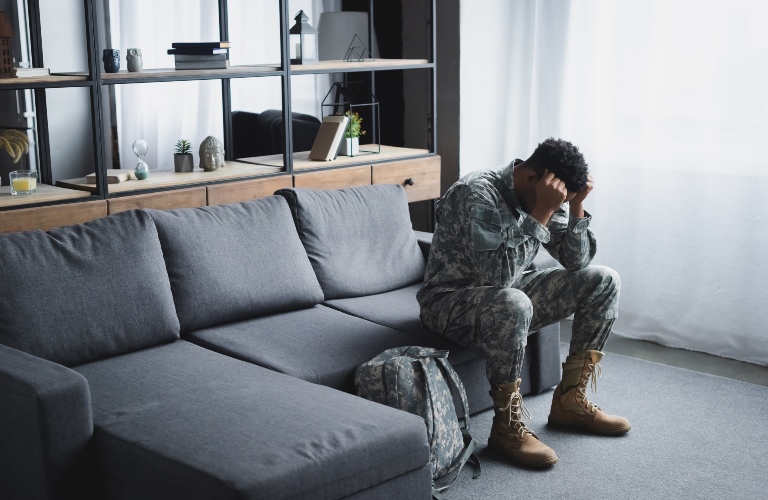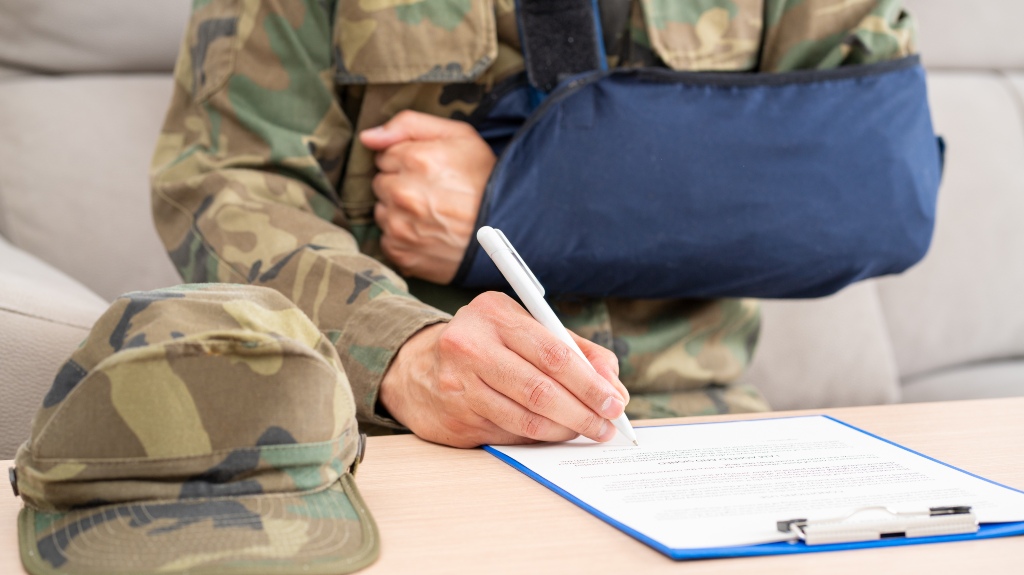When the VA denies a veteran’s disability claim, the veteran may pursue an administrative appeals process with the department. However, an administrative review may uphold an unfavorable decision, requiring the veteran to seek relief from the courts. The first stage of judicial review of an adverse or unfavorable decision on a VA disability benefits claim involves filing an appeal with the U.S. Court of Appeals for Veterans Claims.
What Is the CAVC?
The U.S. Court of Appeals for Veterans Claims (CAVC) is a federal court created by the Veterans’ Judicial Review Act of 1988. It is part of the federal judiciary and not an agency of the U.S. Department of Veterans Affairs. The CAVC has seven permanent, active judges and three additional judges as needed for temporary expansion. Judges serve a 15-year term, after which they become eligible to agree to serve as recall-eligible Senior Judges.
The CAVC has exclusive jurisdiction over appeals from the Board of Veterans’ Appeals (BVA), a body of the VA that hears administrative appeals from veterans who challenge unfavorable decisions of their VA claims. A veteran may file an appeal from an adverse ruling by the BVA by arguing that the Board erred in its decision.
In an appeal to the CAVC, the court reviews the BVA’s decision based on the record before the VA and considers the parties’ legal arguments, which parties usually present in written briefs. In cases presenting novel legal issues, the CAVC may invite the parties to present oral arguments to the court.
The CAVC has its principal chambers in Washington, D.C., but holds sessions throughout the U.S. at various times during the year.
When Can a Veteran Appeal to the CAVC?
A veteran may only appeal to the CAVC after receiving a final decision on an appeal to the Board of Veterans’ Appeals. Veterans cannot appeal decisions from regional VA offices to the CAVC. A veteran may file an appeal from a BVA decision within 120 days of the Board’s mailing of its decision to the veteran. When a veteran files a notice of appeal, the CAVC will issue a notice of docketing, instructing the Secretary of Veterans Affairs to submit a copy of the BVA’s decision and the record before the VA to the court and serve a copy on the appellant. The court will also direct the parties to submit written briefs, with the appellant having the option to file a reply to the Secretary’s brief.
In most cases, a single judge will decide the appeal. However, the CAVC may convene a panel of three judges if a case might establish a new rule of law, modify an existing law, or apply an existing law to a novel fact situation. In rare cases, the CAVC may sit en banc (with all active judges) if a case involves a question of exceptional importance.
How the CAVC Helps Veterans

The CAVC allows veterans to seek judicial review of an unfavorable decision by the VA on a disability benefits claim, such as a denial of benefits or a low disability rating. When the court determines that the Board of Veterans’ Appeals incorrectly decided a veteran’s administrative appeal, it can reverse or vacate the BVA’s decision and remand the case back to the Board with instructions to enter a specific ruling or to conduct further proceedings on a veteran’s claim. Thus, the CAVC ensures that veterans can have their benefits claims fairly evaluated by providing judicial oversight. The CAVC’s rulings also establish legal precedents that the BVA and VA regional offices can rely on in deciding similar cases.
Contact a VA Disability Appeal Attorney Today
When you need to take an appeal to the CAVC, an experienced VA disability lawyer can provide you with advice and advocacy to help you pursue veterans’ disability benefits. Contact Veteran Esquire Legal Solutions, PLLC, today for a free consultation to discuss your options for appealing an adverse decision on your VA disability benefits claim to the CAVC.

